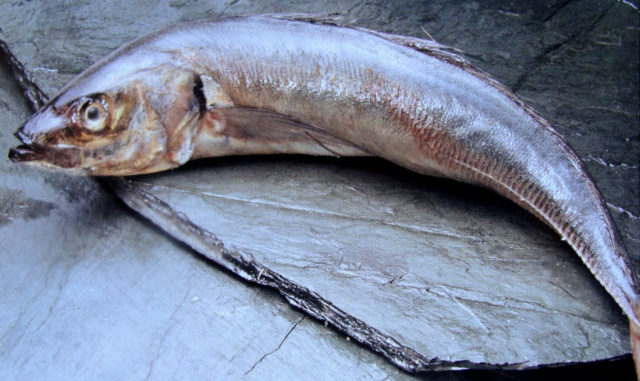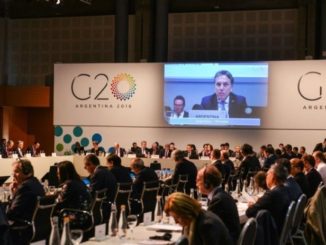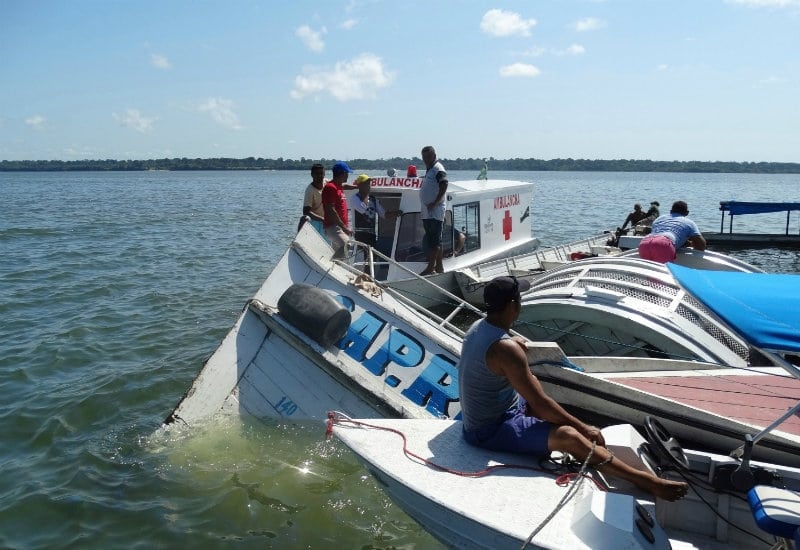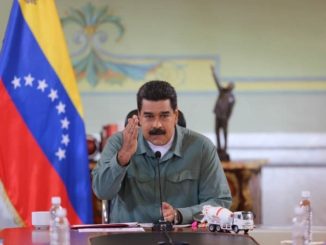
SANTIAGO – Marine conservation organization Oceana has appreciated the recommendation made by the Scientific Committee of the South Pacific Regional Fisheries Management Organization (SPRFMO), which did not substantially increase the global quota for jack mackerel, in spite of this resource’s recovery.
“This recommendation goes hand in hand with the precautionary approach that must be adopted to maintain and recover the desirable state of fisheries”, said Liesbeth van der Meer, Executive Director of Oceana Chile.
“The Scientific Committee of the SPRFMO has consistently applied the precautionary approach in its recommendations and that’s why we now have the jack mackerel fishery fully exploited”, she added.
The SPRFMO report indicates that, given the current state of the stock of jack mackerel, the quota could have been substantially increased. However, the assessment model’s uncertainties were taken into account and the precautionary approach was adopted, therefore, a slight increase of the quota was suggested, from 493,000 tons in 2017 to 576,000 tons in 2018.
It should be noted that the jack mackerel stock was collapsed between 2006 and 2011, seriously risking its disappearance. It went into overfishing in 2012. Today, this fishery has been finally declared as fully exploited.
“This is an example for the recovery of fisheries and how to apply the precautionary approach during decision-making in terms of catch quotas”, said van der Meer, adding that “they should only be increased three years after the stock shows clear signs of recovery”.
Historically, Chile holds 65% of the global quota, followed by Peru. In Chile, jack mackerel is used to manufacture fishmeal, produce frozen products for export and, increasingly, for national consumption.
The SPRFMO is comprised of countries that have fishery interests in the South Pacific, which they aim to manage by establishing catch quotas, among other measures. This is an intergovernmental body that promotes the sustainable use of fishery resources and the protection of marine ecosystems.



